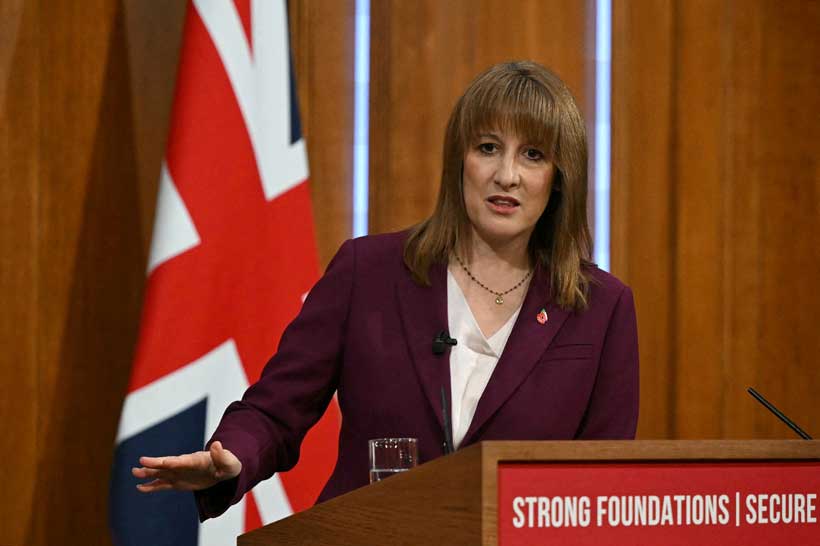Confusing messages about Britain’s budget are damaging the government’s credibility, according to investors, businesses, and think tanks. Bond prices fell after finance minister Rachel Reeves changed her stance regarding income tax. After suggesting that she might raise income tax to stick to her fiscal plans, a Financial Times report confirmed that she had decided against it, raising concerns about the government’s commitment to its fiscal promises.
Reeves’ initial comments during a pre-budget speech hinted at a possible income tax increase, which would contradict the Labour Party’s pledges for the upcoming 2024 election. Andrew Goodwin, chief UK economist at Oxford Economics, described the situation as a communication failure, especially after the government had already retracted welfare reforms earlier in the year, making many question their ability to make tough financial decisions.
A government official mentioned that a better forecast from the budget watchdog might allow the abandonment of the income tax plan, further undermining the credibility of the government’s financial assumptions. Ben Zaranko from the Institute for Fiscal Studies criticized the inconsistent messaging, stating that it reflects poorly on the policy-making process, which appears rushed and unstable.
Business leaders are worried about these mixed signals, fearing the budget may only include minor tax adjustments that introduce uncertainty for companies. Mohammad Jamei from the Confederation of British Industry emphasized that such unpredictability would lead businesses to delay investment decisions. A senior executive expressed frustration over the political implications of the situation.
Financial markets are also concerned about a return to inconsistent tax increases, with experts believing this could suggest a lack of support for the chancellor from her party. Jane Foley from Rabobank noted that Reeves’ changing statements have harmed her credibility, affecting the UK asset market negatively. Long-dated government bond yields rose significantly in response to these developments.
Investors are reminded of the economic turmoil caused by former Prime Minister Liz Truss’s policies, which still impact their confidence in the UK’s financial stability. Stephen Millard from the National Institute of Economic and Social Research suggested that Reeves needs to create a financial buffer to ensure stability and reduce speculation about the government’s fiscal policies, leading to clearer communication and more dependable budget planning.
With information from Reuters
